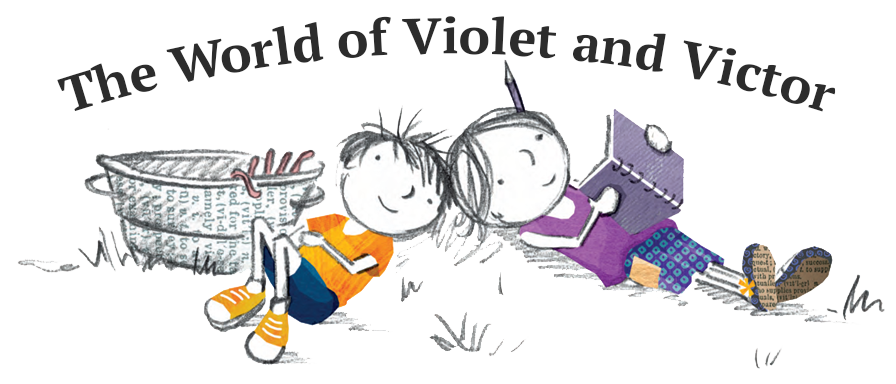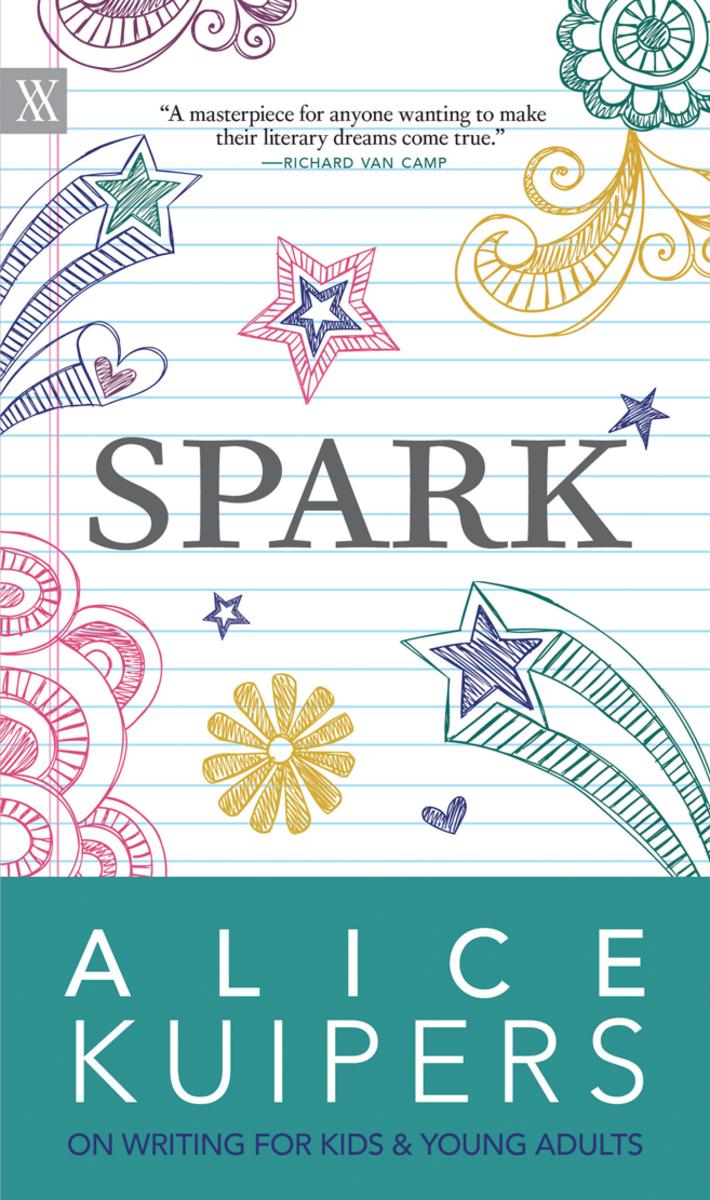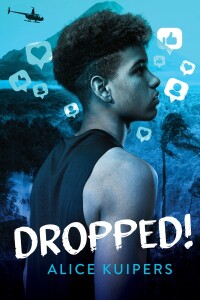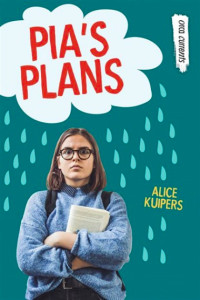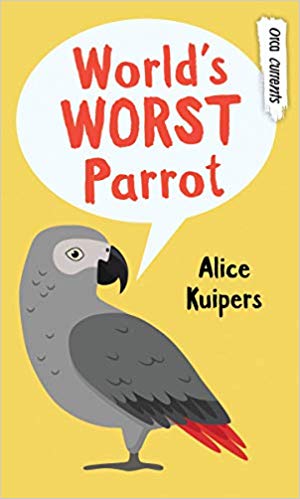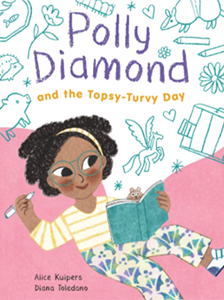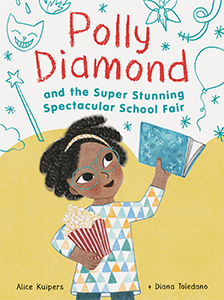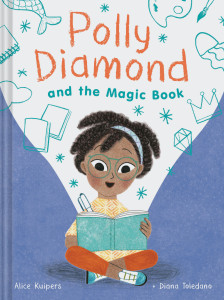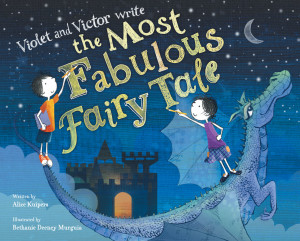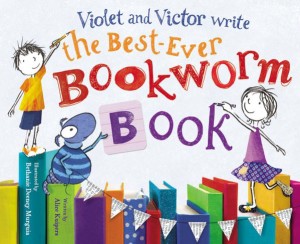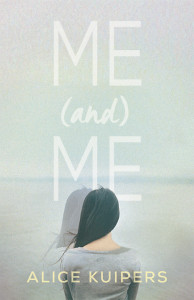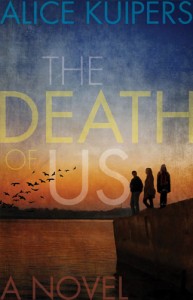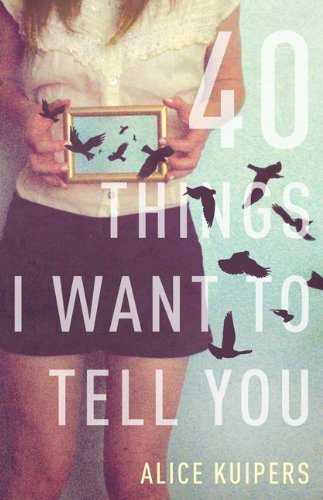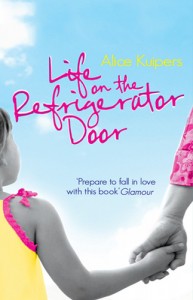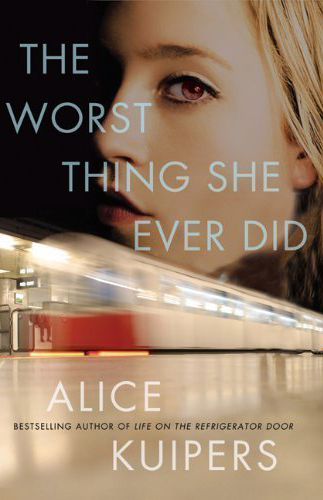Workshop Five
This is the last of the five workshops in which we look at inspiration, writer’s block, and how to get ideas on the page. I hope you’re feeling like the last few workshops have given you some sense of how ideas are everywhere if you know how to look, of how to cope when you’re feeling overcome by the blank page, and of ways to research and get inspired to get your stories written.
This final week I’m giving you six great writing quotations that I think you might enjoy. I know I keep some of these close to hand for those moments when I find writing daunting, or for moments when the ‘idea-well’ has run dry. Taking these quotations as motivation is a great way to stay rooted with really talented authors, people who feel just as you do about getting their stories down. They may write very differently from you, but you can bet that they too feel that thrill of creativity, that passion for words, the excitement when a paragraph feels perfect, and that despair when it isn’t going well.
If you get stuck, get away from your desk. Take a walk, take a bath, go to sleep, make a pie, draw, listen to music, meditate, exercise; whatever you do, don’t just stick there scowling at the problem. But don’t make telephone calls or go to a party; if you do, other people’s words will pour in where your lost words should be. Open a gap for them, create a space. Be patient.
-Hilary Mantel
You can approach the act of writing with nervousness, excitement, hopefulness, or even despair – the sense that you can never completely put on the page what’s in your mind and heart. You can come to the act with your fists clenched and your eyes narrowed, ready to kick ass and take down names. You can come to it because you want a girl to marry you or because you want to change the world. Come to it any way but lightly. Let me say it again: you must not come lightly to the blank page.
-Stephen King
Writing about a writer’s block is better than not writing at all
-Charles Bukowski
Eight hours a day, seven days a week, 365 days a year, that’s the only way I know how to do it.
-Philip Roth
Ideas are like rabbits. You get a couple and learn how to handle them, and pretty soon you have a dozen.
-John Steinbeck
Don’t tell me the moon is shining, show me the glint of light on broken glass.
-Anton Chekov
Think about each of these six quotations and figure out if they do something for you as a writer, then have a look and find others that inspire you.
Before we go on to the writing prompt, I want to go back to is my notion that ideas are everywhere. In the first couple of workshops, I talked about how Imagination + Observation = Inspiration. We looked at how to improve our powers of observation, we looked at how to overcome a blank page. Now we’re going to look at ways to exercise our imagination.
Think of the imagination as a muscle that needs to work out. Don’t worry, you’re not going to have to join some summer boot camp and sweat in out on a soggy field, no, working out the imagination requires very simple get-fit techniques.
1- USE IT. Use your imagination every day. Ask yourself WHAT IF… every time you get a chance. Like: what if the sky fell, what if someone I thought I loved came through that door, what if I died right now, what if I found a buried treasure? By asking what if, you open yourself to imaginative gold.
2- Practice. This is almost the same as using your imagination, but it requires you to take your daydreams and write them down. Your night dreams too. Write, write, write. Get it wrong, get it right, write.
3- Read, listen, observe, experience, live. Your imagination is made rich with the stuff of every day life. Everything you do adds to your imagination so remind yourself that even when you’re not writing, you’re still open for stories.
This week’s writing prompt:
This week I want you to imagine that you are sitting in your home when an unexpected letter arrives addressed to you. What does the letter say? Who is it from? How do you feel? What do you do?
Write up to 500 words as a POSTCARD story – that’s right, the story needs to be COMPLETE in 500 words. This should challenge you to gather an entire narrative in a short space, working your imagination and perhaps inspiring you later to write something longer.

